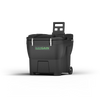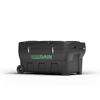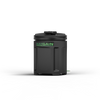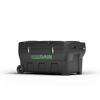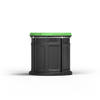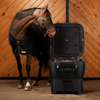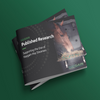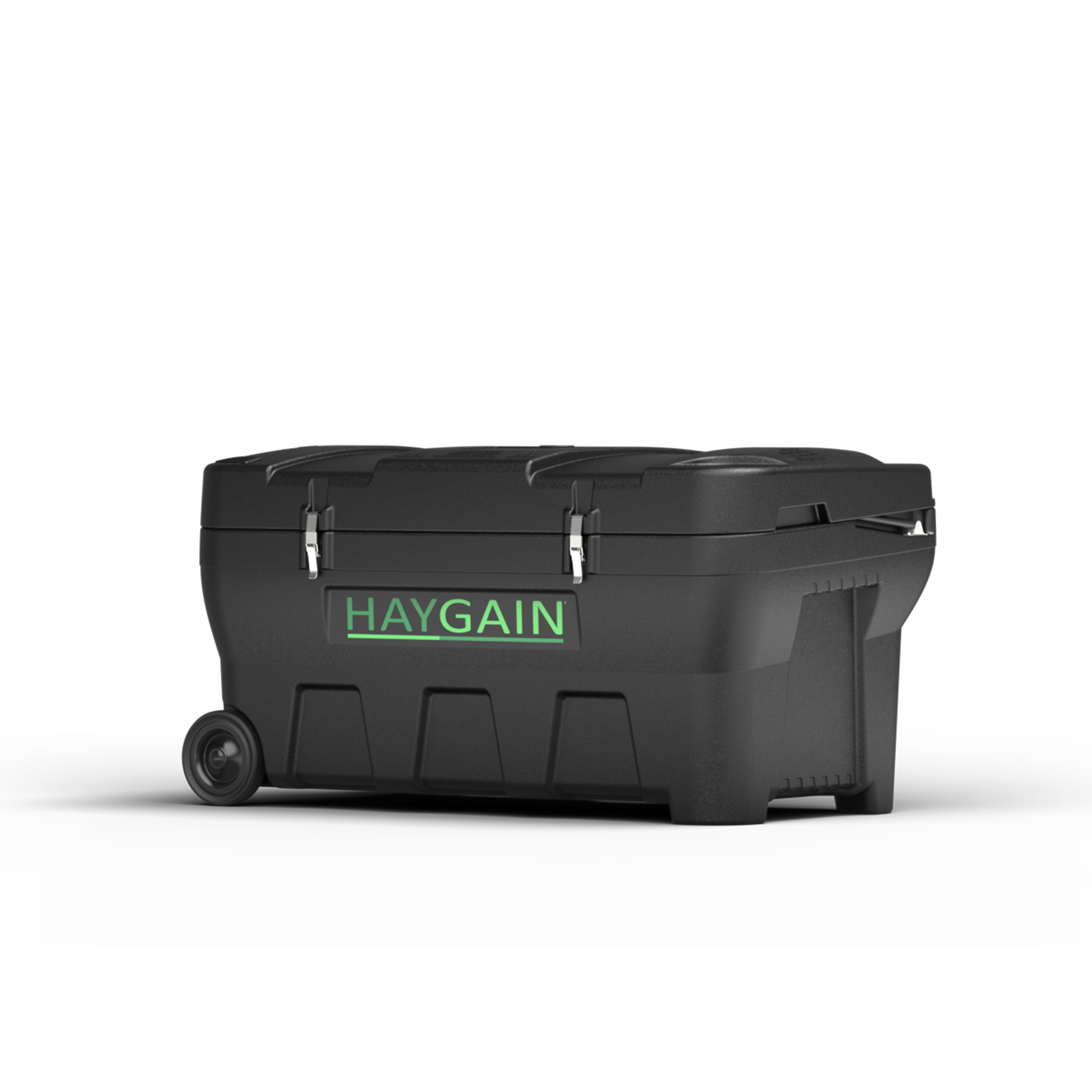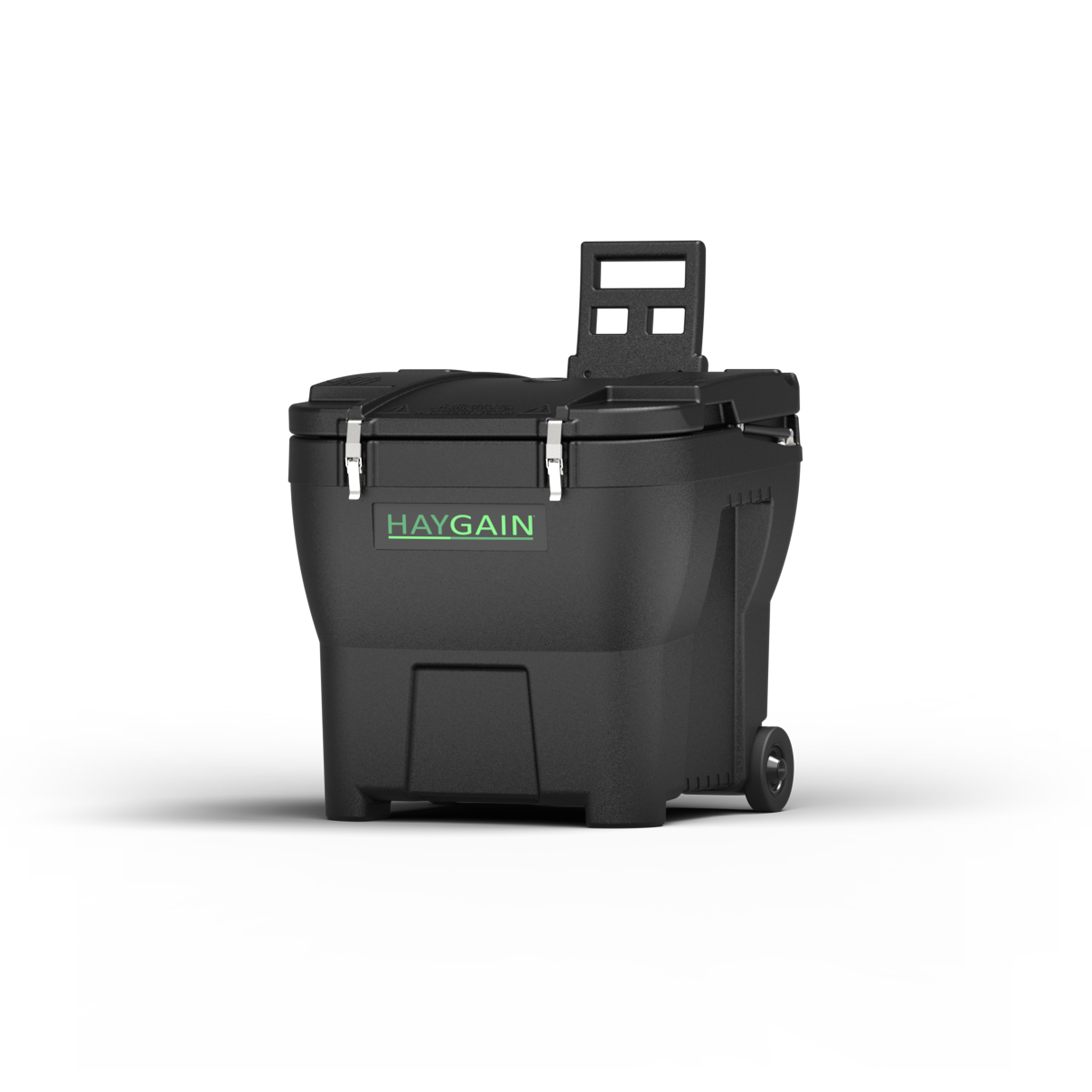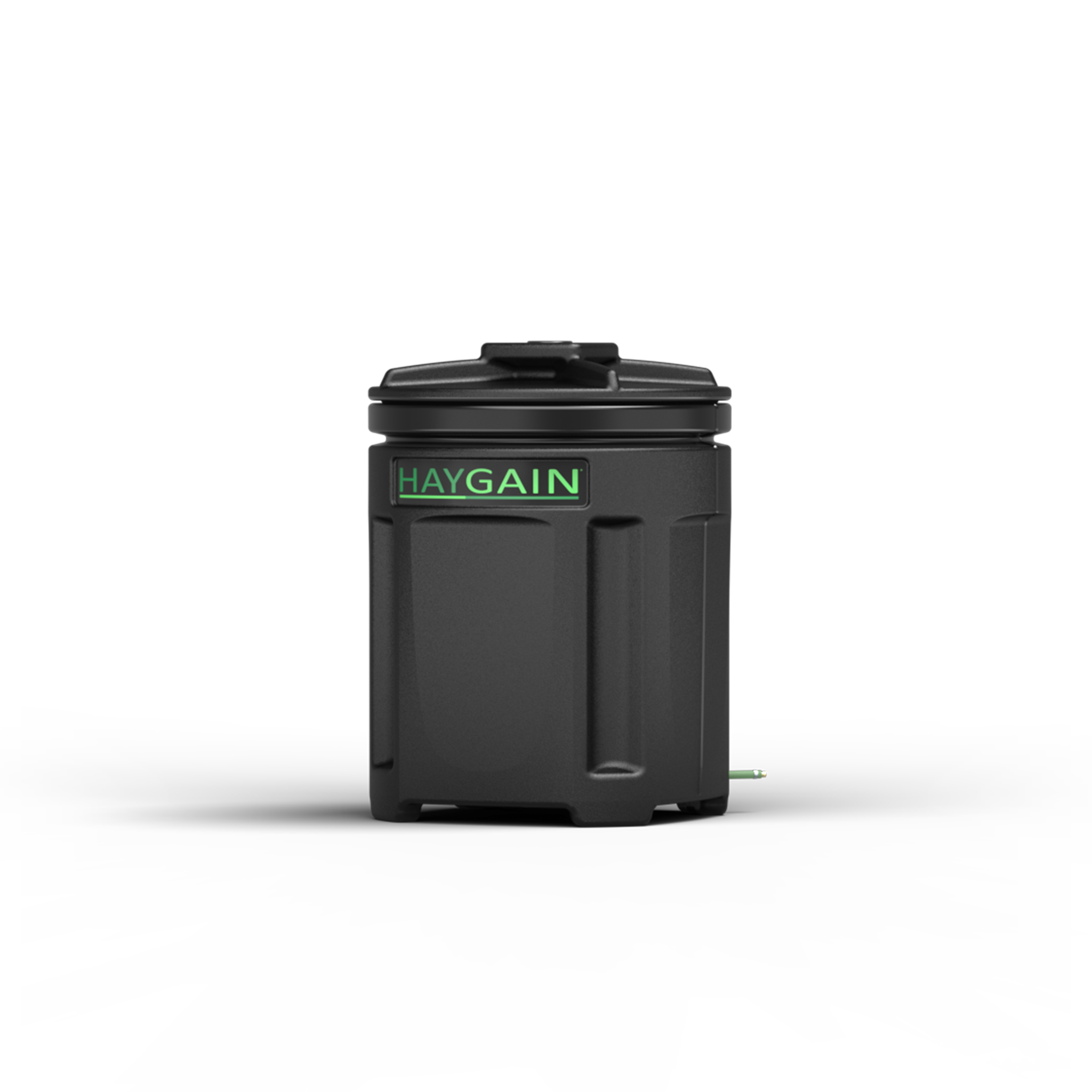Written by Stephanie Davis DVM
In most instances, I would argue that the idiom, “You get what you pay for,” is
almost always true. However, when it comes to buying hay, it is just not that simple. Just because the hay is expensive, looks or feels good, or is a “heavy bale”, does not automatically mean it is of high quality. For example, a bale could be heavy simply because it has a high percentage of ash. Ash is the total mineral content divided into two types: internal ash (from the plant) and external ash (dirt and dust from harvesting and storage). So, you could literally be paying more for a bale that essentially has more dirt than another one. Therefore, weight is not a good way to determine if the hay is of high quality. Before we discuss why it is necessary to steam high quality hay, it is important to know if the hay is actually of high quality as well as what factors can affect the quality and nutritional value.

The main factors affecting hay quality include: the type of hay, soil, weed contamination, rain (moisture), and how the hay is cut, dried, and baled. As the buyer for our horses, we cannot control any of these factors. Even if we have a great relationship with our hay supplier, they can only control so much themselves depending upon the weather and the type of equipment they use to bale they hay. Therefore, the only definitive way to know the quality of your hay is to have it tested. There are feed companies that will test your hay for you at a very reasonable cost. Additionally, some of the best hay providers will have the hay tested before they sell it to you. The more often you test your hay, you will be surprised by the differences in the nutritional profiles.
So, in a perfect world, your hay has been tested and shows an excellent nutritional profile with a low ash percentage and has a high leaf to stem ratio. If this is the profile of your hay, then why would the hay need to be steamed? There are two simple reasons, mold spores and external ash. Mold spore count can also be tested by a laboratory. They measure them in colony forming units per gram (cfu/g). If hay has over 1 million cfu/g, you have a high risk of causing respiratory problems with your horse. Even though the hay has a high nutritional profile, it could still have a high mold spore count.
Unfortunately, as the grass itself grows, there are a number of bacteria and fungi that will grow on the plant naturally. As the hay is cut and dried, certain types of bacteria and fungi will die off but others may thrive in a lower moisture environment. That is why the drying stage of making hay is so very important. However, even if the processing of the hay goes exactly to plan, a certain number of mold spores remain and will inevitably invade your horse’s airway. Second, is the issue of the external ash. Even with a low percent, there
will still be an amount of dust and particulate matter that will remain on the hay and become airborne once the horse pulls on the hay to break it apart to eat.

Therefore, regardless of the quality of the hay, all hay will have mold spores, dust, and particulate matter that can insult the horse’s airway. The best way to combat those problems is to steam the hay from the inside-out using a high temperature hay steamer. This is scientifically proven to kill mold spores and reduce the dust and particulate matter.
References
